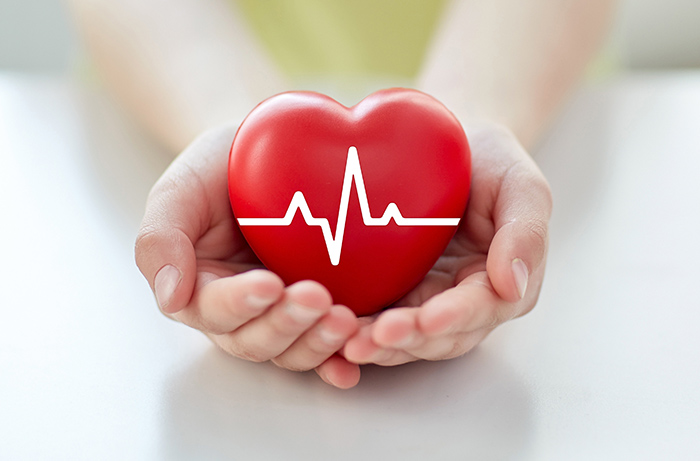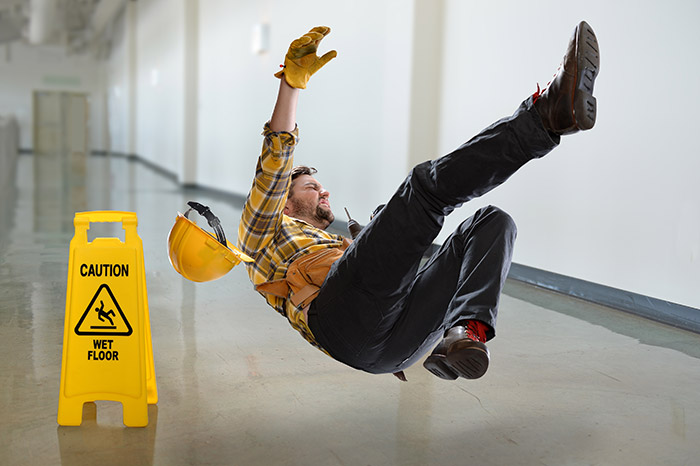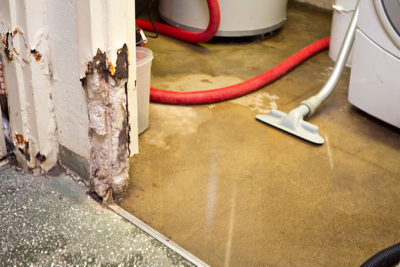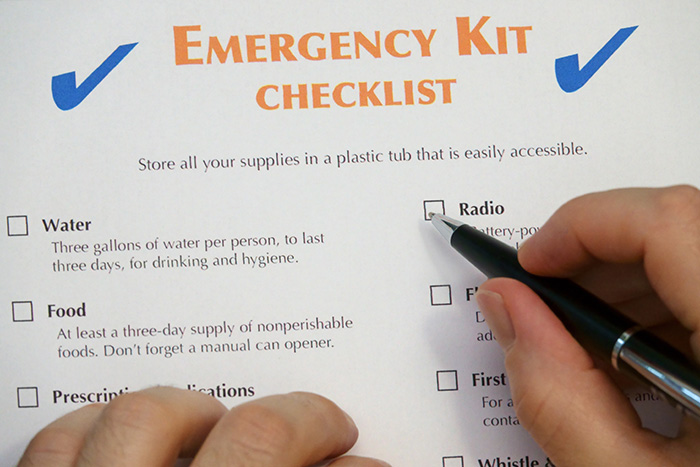
Your heart is the powerhouse to your whole body—that’s why it’s important to provide it with the attention and care it needs.
When you care for your heart, your entire body benefits. When your heart is healthy, all aspects of your physical health will be too. A healthy heart means a better quality of life and allows us to function at our best.
Today is World Heart Day! Check out these five effective ways to improve and maintain heart health:
1. Eat the right things
Consuming the vitamins and minerals your heart needs provides the foundation for a healthy heart. Foods that support heart health by reducing cholesterol, lowering blood pressure, and reducing inflammation include:
- Oats and barley
- Fatty fish
- Dark leafy greens
- Nuts and seeds
- Beets
- Avocados
- Olive oil
- Legumes
- Low-fat dairy
Sodium is a silent but harmful ingredient in most processed foods—the average American gets about 80% of their daily salt intake from these alone. By limiting the amount of processed foods you consume, you may be able to eliminate excess sodium from your diet.
Looking for an alternative to salt to flavor your foods? Try adding a bit lemon, vinegar, or different herbs. This adds flavor without the negative effects of sodium.
2. Get enough sleep
Not getting enough sleep puts you at a higher risk for cardiovascular disease and coronary heart disease—regardless of age, weight, smoking, and exercise habits. Sleeping too little changes the way our body functions and can affect blood pressure. This also goes the other way—too much sleep can also negatively impact heart health. Make sure to get the recommended seven to nine hours of sleep every night, and you’ll be on track for supporting better heart health.
3. Exercise daily
Three types of exercise are vital to heart health: aerobic, resistance, and flexibility (think running, strength training, and yoga, for example). By varying the type of exercises that are performed every day, you can strengthen and train the heart in different ways. Get the minimum of 30 minutes a day of movement to get your heart pumping.
4. Stop smoking
Smoking—with all of its negative side effects—is detrimental to heart health and is the cause of many diseases. In the U.S. alone, smoking kills the equivalent of three crashed jumbo jets every day. By simply quitting smoking or avoiding it altogether, you’re saving your heart from almost inevitable complications.
5. Manage stress
We all have busy lives and stress is inevitable. While we can’t avoid it entirely, we can make attempts to manage stress in a healthy way. Take a yoga class, set aside 30 minutes of “me” time, or practice deep breathing. A little goes a long way in time and stress management. Small steps like these each day can lead to big strides toward better heart health.
Source: selecthealth.org




